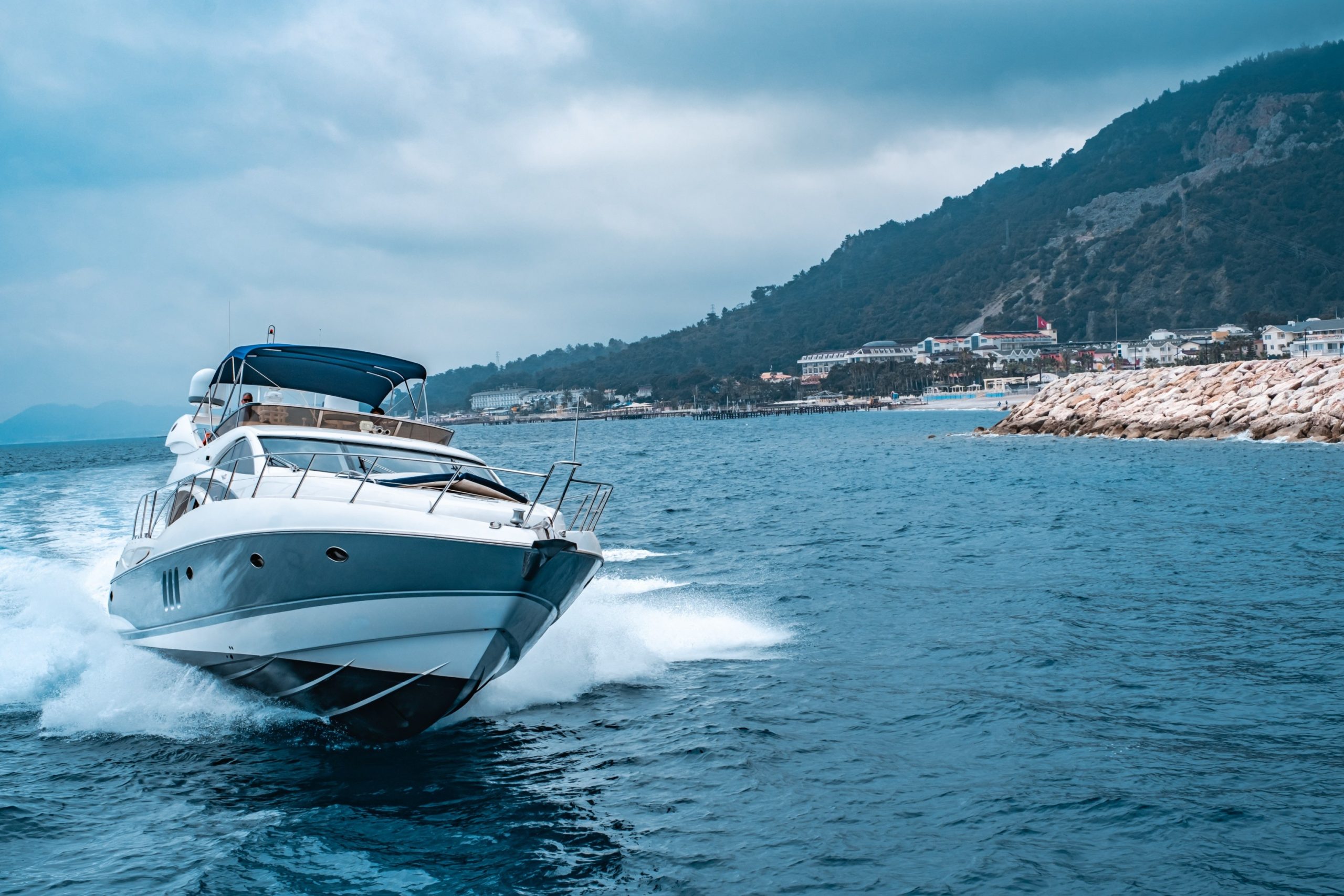If you are in the market for a new boat, there are numerous factors to consider before purchasing. A boat is an expensive investment, so make sure you get one that meets your needs as well as your budget. The following are five of the most important considerations to make when purchasing a boat.
1. Maintenance Costs
A well-kept boat will run smoothly, make fewer noises while underway, and be safe for passengers to board or disembark even in rough weather. It will also be less likely to break down while on the water.
Ignoring your boat until it breaks down means you’ll end up spending money on repairs rather than having fun on the water. Size, brand type (i.e., fiberglass, aluminum), and the number of motors are all factors that influence how much maintenance costs.
You should also look into the availability of genuine spare parts and, if possible, purchase mercury outboard parts. They will last longer and save you money on maintenance. Preventative maintenance will make your boat much easier to maintain in the long run.
This includes practicing good boating habits while on the water (such as not drinking alcohol or going overboard while intoxicated), removing debris before it accumulates beneath the surface, and washing away saltwater residue after each use.
2. The Size
Your boat’s size can make or break your boating experience. If it’s too small, you’ll feel cramped; if it’s too large, you might not be able to dock without the assistance of others who know what they’re doing. Consider how much space you’ll need for passengers (including children), pets, supplies, and equipment. Then multiply that figure by two.
It would help if you also considered where you would store your boat when it is not in use. It can help you purchase a boat that will fit in your designated space. The price of a boat is heavily influenced by its size. But it’s also important to consider whether you’ll be able to handle it when you’re out on the water. Boats under 26 feet long are easier for beginners to control, even in rough weather.
3. Safety Features
Most boats include life-saving safety features like life jackets and flares. However, depending on how frequently you go out on the water, some additional items may enhance your boating experience.
· An anchor to keep you from drifting away from where you started if no one is driving.
· A GPS device to help you find your way back if the weather turns bad.
Another significant safety feature is an electric bilge pump. It will prevent your boat from taking on water if it hits a wave or is otherwise splashed with water.
4. Cost of Fuel
The cost of fuel is another factor that influences how much you spend on boat maintenance. But it’s important to consider whether you’ll even need gas, depending on how frequently you go out on the water.
Inflatable boats are typically less expensive upfront but more expensive when you add the gas. It is because they require more gas to stay afloat.
The fact that inflatable boats are stored inside means that you won’t have to worry about water damage when they’re not in use. You could also consider using a boat that uses less fuel, such as an electric motorboat or an outboard with smaller motors.
5. The Type of Insurance that You will Need
A boat insurance policy is just as critical as the safety features that come standard with your boat. If something goes wrong while you’re out on the water, your insurance will come in handy, and you won’t have to pay for costly repairs or medical bills out of pocket. There are numerous types of boat insurance policies available, but the majority fall into two categories: hull and liability.
Hull covers the cost of repairing or replacing the boat itself. On the other hand, liability covers injuries and property damage caused by the boat’s owner (that is, you). Before purchasing a used boat, it’s also a good idea to inquire about the type of coverage provided, as older boats are more likely to break down while in use.
Bottom Line
After learning about the various factors to consider before purchasing a boat, it’s critical to understand that there is no right or wrong answer as to which type of boat is best for you. It all comes down to your needs and preferences. Whether you’re looking for a low-cost entry-level boat or a high-end yacht, consider the cost of operation (maintenance and fuel), safety features, and insurance coverage.



